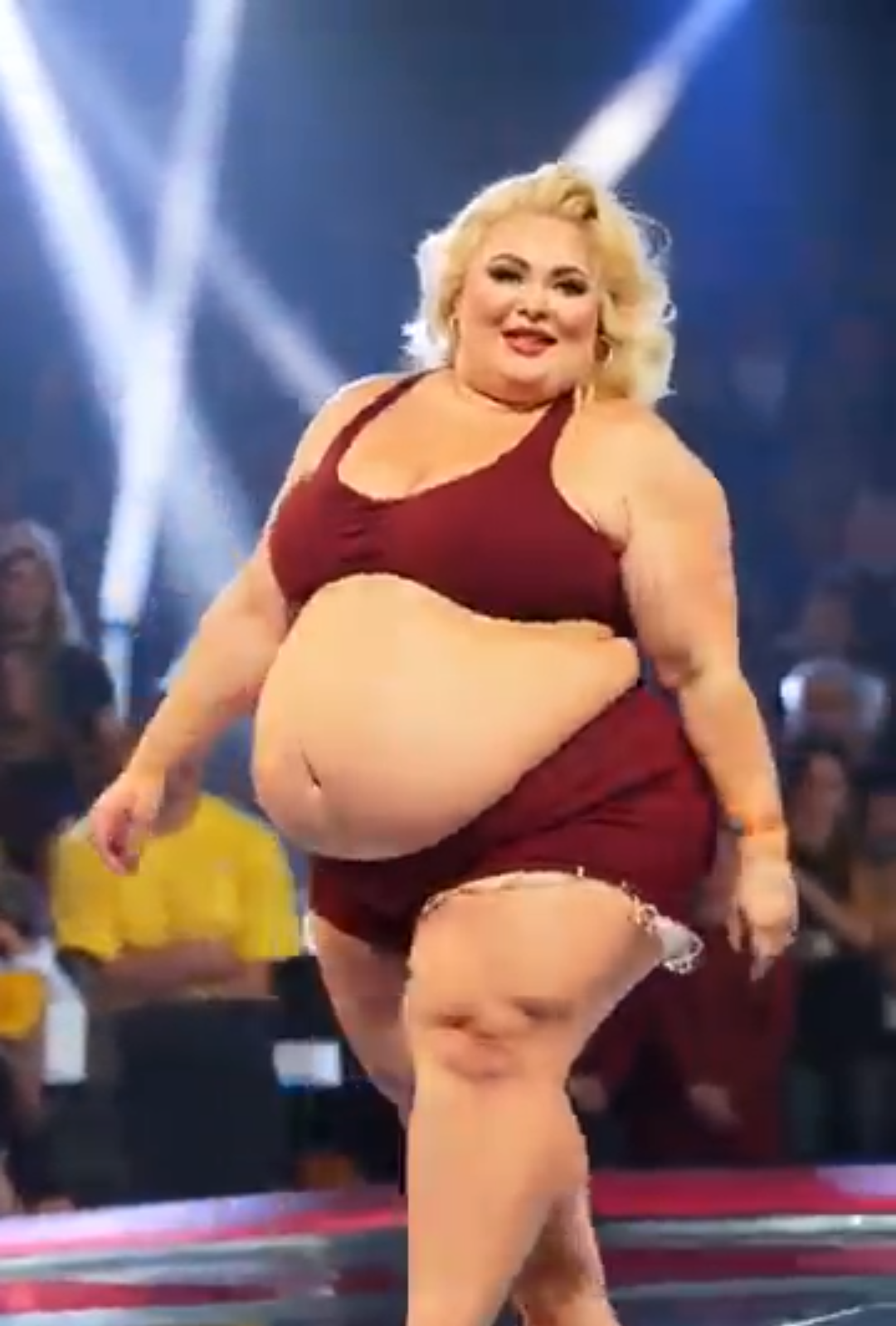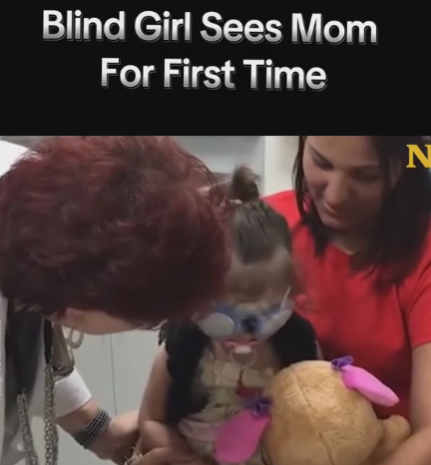The day after my son rescued a toddler from a burning shed, we discovered a strange message on our doorstep. It instructed us to meet a stranger in a red limousine at 5 a.m. near my son’s school. At first, I considered ignoring it. But curiosity got the better of me. I should have realized then that my choice would change everything.
It had been one of those perfect autumn afternoons in Cedar Falls last Saturday. The air carried the scents of cinnamon and wood smoke. Our neighborhood was hosting a casual gathering—parents sipping hot cider while kids dashed around with juice boxes in hand. For a while, everything seemed idyllic.
Someone had set up a fire pit in the Johnsons’ backyard, while the Martinezes grilled burgers, the aroma of charcoal drifting on the crisp air. I was chatting with a neighbor about the upcoming school fundraiser when I noticed my 12-year-old son, Ethan, standing quietly near the cul-de-sac.
Suddenly, the shed behind the Martinez house burst into flames. Fire climbed the wooden walls in an instant. At first, everyone thought it was just smoke from the grill, but the orange glow quickly proved otherwise, and panic swept through our gathering.
Then came the sound that still pierces my dreams—the terrified wail of a baby coming from near that burning shed. Before my brain could even process what was happening, Ethan moved. He tossed his phone into the grass and sprinted straight toward the flames without hesitation.
“ETHAN, NOOOO!” I screamed, watching in horror as my son disappeared into the thick, choking smoke.
Time warped as I stood frozen, staring at the spot where he had vanished while the flames roared higher. My daughter Lily clutched my arm so tightly her nails dug in, but I barely felt it over the pounding in my ears. Parents rushed forward while someone frantically called 911.
Those seconds stretched into the longest hours of my life. In my head, I bargained desperately with God to bring my boy back alive. Then, through the smoke, Ethan staggered into view, coughing violently, his hoodie blackened with soot. But in his arms was a little girl, no older than two. Her face was red from crying, but she was alive—her lungs working fiercely.
I reached them first, pulling both my son and that baby into my trembling arms.
“What on earth were you thinking?” I whispered against Ethan’s soot-streaked hair, torn between overwhelming pride and paralyzing fear. “You could have been killed in there!”
Ethan looked up at me with earnest brown eyes, ash smeared across his cheeks. “I heard her crying, Mom, and everyone was just standing there frozen.”
That day, everyone hailed Ethan as a hero. The fire department praised him, neighbors called him brave, and the baby’s parents couldn’t stop thanking us. I thought that was the end—that my son had done something incredible and life would return to normal. I was wrong.
By Sunday morning, Ethan was back to his usual routine, griping about algebra homework like nothing unusual had happened. But when I opened the front door to fetch the newspaper, an envelope sat waiting on the doormat—an envelope that would change everything again.
It was made of thick, cream-colored paper, my name scrawled on the front in shaky handwriting. Inside was a message that sent chills through me:
“Come with your son to the red limousine by Lincoln Middle School at 5 a.m. tomorrow. Do not ignore this. — J.W.”
My first instinct was to laugh—it felt absurdly dramatic, like a scene out of an old mystery movie. But the urgency in those words stirred unease deep in my stomach.
When Ethan came down for breakfast, I silently handed him the note. He read it twice, then broke into the mischievous grin I knew so well.
“Mom, this is totally bizarre, but it’s also kind of exciting, don’t you think?”
“Ethan, this could be incredibly dangerous,” I warned, though I couldn’t deny my own curiosity. “We don’t know who this J.W. is or what they want.”
“Come on, it’s probably just someone who wants to thank me properly. Maybe they’re rich and want to give me a reward or something!” He laughed. “I’ve read stories like this where people become overnight millionaires after helping someone! Wouldn’t that be crazy?”
I forced a smile, though dread coiled inside me. If only I had known what was ahead.
All day, I wavered between throwing the note away and feeling compelled to uncover the mystery. Lincoln Middle School was where Ethan went every day, meaning whoever sent this had been watching closely. By evening, I convinced myself we needed answers, even if it was risky.
When my alarm went off at 4:30 the next morning, my stomach felt like lead. I told myself this was probably just a dramatic thank-you, but my instincts screamed otherwise.
I woke Ethan, and together we drove through Cedar Falls in pre-dawn darkness. Street lamps stretched our shadows long across the pavement.
And there it was—a gleaming red limousine parked outside Lincoln Middle School, engine idling, exhaust curling into the chilly morning. The sight was surreal.
The driver rolled down his window as we approached. “You must be Mrs. Parker and Ethan,” he said respectfully. “Please, climb in. He’s waiting for you.”
Inside, the limo was more luxurious than anything I’d ever seen—plush leather seats, soft ambient lighting. At the far end sat a man in his late sixties, broad-shouldered, his scarred hands resting beside a neatly folded firefighter’s jacket. When he looked at Ethan, his weathered face softened into a genuine smile.
“So you’re the young man everyone’s talking about,” he said, his voice rough, the tone of someone who had breathed too much smoke in his life. “Don’t be afraid. You have no idea who I am… or what I’ve prepared for you.”
“Who are you?” Ethan asked, his voice trembling with both nerves and curiosity.
“My name is Reynolds, but most folks call me J.W.,” the man replied. “I spent 30 years as a firefighter before retiring.”
Ethan’s eyes lit up. “That must have been incredible, getting to save people and fight fires every day.”
J.W.’s expression darkened. Shadows flickered across his features as he turned toward the window. His next words were heavy, fragile, like they might break if spoken too loudly.
“I lost my little girl in a house fire when she was just six,” he said. “I was working that night, responding to calls across town, when the fire broke out at my own home. By the time I got the call and raced back, it was too late.”
Silence pressed down on us. Ethan’s face paled. I gripped his hand, aching for this stranger who had bared his deepest pain.
“For years, I carried that failure like a weight,” J.W. continued, eyes glistening. “I kept wondering if I could have done something different—if I’d been faster or better at the job I thought I knew inside and out.”
Then he turned back to Ethan. “But when I heard about what you did for that little girl, son—when I learned that a 12-year-old boy ran into danger without hesitation to save a stranger—you gave me something I thought I’d lost forever.”
“What’s that?” Ethan asked softly.
“You gave me hope that heroes still exist in this world.”
J.W. reached into his jacket and pulled out an official-looking envelope. “After I retired, I founded a scholarship program in my daughter’s memory,” he explained. “It provides full college scholarships to children of firefighters.” He paused. “But I want you to become our first honorary recipient. Even though your family has no ties to the fire service, what you did goes beyond any obligation.”
Tears stung my eyes. “Mr. Reynolds, we couldn’t possibly accept something so generous—”
“Please, hear me out,” he interrupted gently. “Your son deserves every opportunity—college tuition, mentorship, connections that will shape his life. What Ethan did shows the kind of character that changes the world.”
Ethan’s cheeks flushed as he ducked his head. “I wasn’t trying to be a hero. I just couldn’t stand listening to her scream without doing something.”
J.W. let out a rough chuckle. “That right there, son—that’s what makes you a true hero. Real courage isn’t about glory. It’s about doing what’s right because your conscience won’t let you walk away.”
For illustrative purposes only
I sat in stunned silence, watching my awkward middle schooler recognized for the bravery I already knew was in him.
“So, what do you think, Ethan?” J.W. asked. “Are you ready to let us help you build an extraordinary future?”
“Yes!” Ethan grinned, nodding eagerly.
News travels fast in a town like Cedar Falls. Within days of our limousine meeting, the local paper ran a front-page story: Ethan’s school photo beneath the headline, “Local 12-Year-Old Hero Saves Toddler from Blazing Shed.”
Most of our neighbors and friends were genuinely thrilled. At the grocery store, at church, even on the street, people stopped us to congratulate Ethan and tell us how proud they were. But not everyone shared that joy. I should have known it was only a matter of time before my ex-husband, Marcus, appeared on my doorstep with his usual venom.



